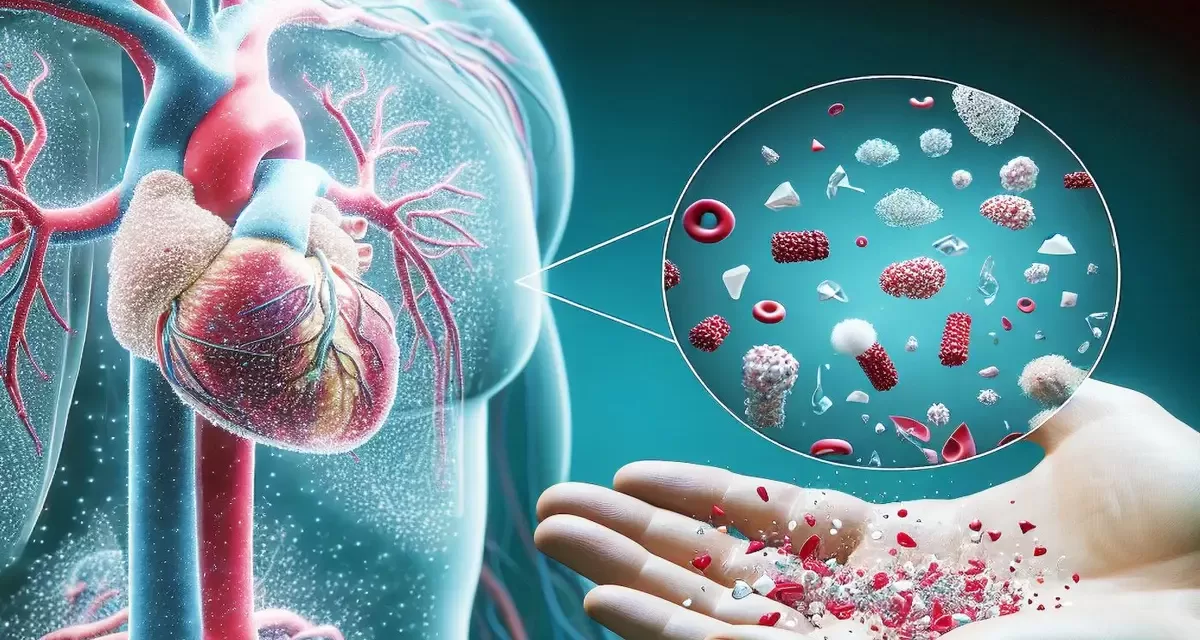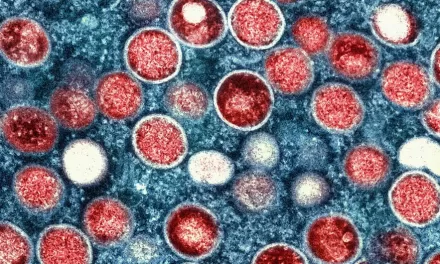Davos, Switzerland – At the World Economic Forum’s (WEF) annual meeting, 25 countries have now joined hands to combat the twin crises of plastic pollution and climate change, marking a significant milestone in global efforts for sustainability.
Seven new nations—Angola, Bangladesh, Gabon, Guatemala, Kenya, Senegal, and Tanzania—have officially become part of the WEF’s Global Plastic Action Partnership (GPAP). This collaboration aims to address systemic challenges in plastic waste management, advance sustainable materials, and reduce greenhouse gas emissions.
“Reaching this 25-nation milestone is not just a celebration of numbers, it’s a testament to the growing global determination to tackle one of the world’s most pressing challenges,” said Clemence Schmid, Director of GPAP at the WEF.
These partnerships will focus on creating a circular plastics economy that promotes reusing, recycling, and sustainable production of plastics. With $3.1 billion in investments mobilized, GPAP has already contributed to creating safer jobs for informal waste workers and fostering climate resilience worldwide.
Plastic pollution remains a critical threat, with around 6 million tonnes entering oceans annually and over twice that amount polluting land. Mismanaged plastic waste disrupts ecosystems, harms biodiversity, and poses risks to human health and livelihoods.
Plastic production and degradation are also significant contributors to climate change, responsible for an estimated 1.8 billion tonnes of greenhouse gas emissions annually. GPAP’s systemic approach includes reducing landfill emissions such as methane, which is over 80 times more potent than CO2 in the short term.
Through circular solutions, the partnership envisions creating 6 million green jobs globally by 2030, leveraging the transformation of the plastics sector to promote economic growth and sustainability.
Disclaimer:
The information provided in this article is based on announcements made during the World Economic Forum 2025 and reflects the goals and commitments of the GPAP initiative as stated. The outcomes and impacts of the partnership may vary based on the execution and ongoing collaboration between member nations.












